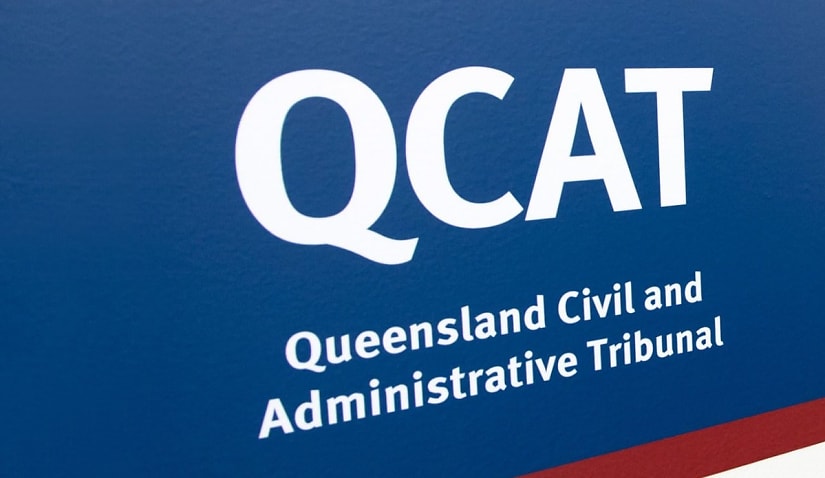Women fight Qld Law Society over money stolen by struck-off lawyer
The Queensland Law Society failed to stop money being paid to two women who claimed their brother’s lawyer stole more than $1 million.

The Queensland Civil and Administrative Tribunal (QCAT) allowed the sum of $840,760 to be paid out of the Legal Practitioners Fidelity Fund to two women who claimed solicitor Robin John Slipper stole around $1,030,760 from their deceased brother’s estate.
The Law Society said that while Slipper did take the benefit of the estate, there was “no evidence that he dishonestly did so”.
Slipper had no entitlement to the will, but the issue at the centre of the dispute was whether he understood he did not.
Judicial member Duncan McMeekin KC acknowledged at the time the will was prepared, the deceased man was in the process of a divorce, had no interest in his siblings, had no children, and was intending to move overseas to start a new life and relationship.
McMeekin said the deceased man’s situation provides “the almost perfect circumstance for a dishonest solicitor to seek to benefit from the estate, without much expectation of contest”.
Slipper said he met the deceased man in February 2011 and already had extensive experience in wills and estate matters.
He told an investigator with the Law Society that he had prepared “several hundred wills” and held 410 in safe custody.
QCAT was told Slipper’s first transfer in 2014 was the sum of $5,000 from the estate into Pathways Pty Ltd, an entity Slipper owned.
As an executor, he also opened a bank account and caused $1.2 million to be paid from a trust account into this new account.
The following month, he withdrew $20,000 from the new account.
In July of that year, he withdrew $1,040,000 and $25,000 from the estate, and the larger sum was paid into a trust in his wife’s name.
Following an investigation, Slipper repaid the $1,040,000.
However, a year later, Slipper caused the sum of $1,030,760 to be deposited into the Pathway’s account. This is the transfer in dispute.
A sum of $190,000 was repaid by the wife to settle the proceedings against her, leaving the remaining amount of $840,760.
There were a number of administrative failings that supported the case against Slipper, including his failure to record a death date.
McMeekin said this “remains an inexplicable failure of what should ordinarily be a watertight procedure”, and was a “concrete fact Slipper had, or should have, commenced administration”.
Slipper also swore a “plainly misleading” affidavit and should have disclosed he drew the will and considered himself the sole beneficiary.
“Slipper was aware of the conduct rules and was aware he should not have drawn a will under which he enjoyed a significant benefit. So much is evident from his file notes,” McMeekin said.
Another concern was Slipper’s promise to the investigator he would repay money to the trust but did not inform him that the transfer into the trust account was in his name and not back to the estate.
“Plainly, the investigator’s suggestion that he repay the monies was intended to protect the true beneficiaries of the estate in case Slipper was not a proper beneficiary,” McMeekin said.
“Slipper could not but have understood this.”
McMeekin went on to say Slipper paid the money for himself.
“I do not see that an honourable solicitor who thought he may have made a mistake in his handling of the will would do that.
“His action had the effect of successfully concealing the repayment from the investigators,” McMeekin said.
The Law Society’s argument hinged on the timing of the administrator’s appointment, with it submitting that by the time this was done, the estate had been fully administered and no trust money was held by the law practice.
The society said that “there could then be no failure to pay to the administrators and so no ‘default’ as defined”.
McMeekin said these arguments were “misguided”.
“Here, the payment out was done dishonestly, and so the resultant failure to pay to those who are entitled is brought about by a dishonest act,” he said.
McMeekin said there was “no doubt” the sisters suffered pecuniary loss as a result of the claimed default.
In addition to receiving money from the fidelity fund, the Queensland Law Society was ordered to pay the sisters reasonable legal costs.
